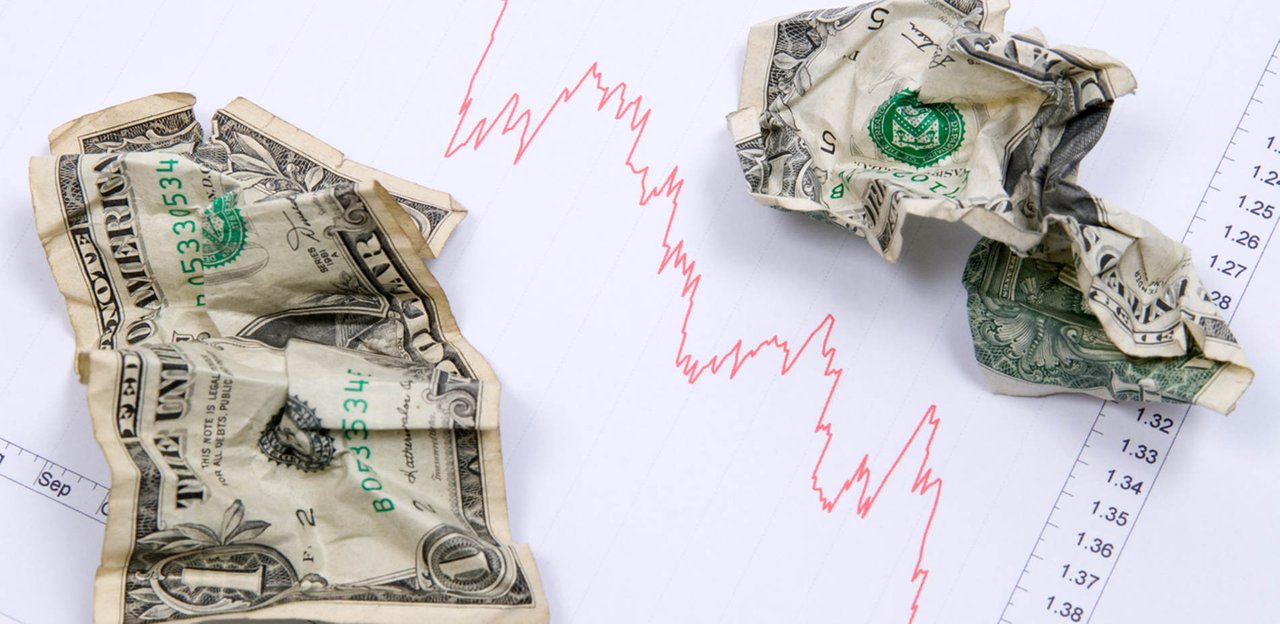Using the Strategic Bitcoin Reserve is one way to bitcoin the world. This means that the dollar could become obsolete, and Bitcoin could become the only currency people prefer. How a bank manages its reserves will significantly impact the global financial system, which could have good or bad effects on the US dollar, depending on the system’s function. The key is how these adjustments are handled.
Bitcoin boosts US dollar value
The dollar would probably gain ground if the US had a Bitcoin reserve since the cryptocurrency would be a great addition to the US financial system. Due to Bitcoin’s increasing popularity as a store of wealth and its finite quantity, the dollar may continue to be the world’s reserve currency.
For the government to purchase assets with lower volatility than conventional fiat currencies, Bitcoin must stabilize the US dollar. As a result, the economy’s inflation problem would be alleviated. For this reason, Bitcoin can act as a safety net for the economy by preventing the dollar from falling too far. This is encouraging news for the U.S.’s potential.
Hyper-bituminization and dollar collapse
Having a Bitcoin reserve on hand, though, can have unanticipated results. The dollar’s value seems to fall as the US government hoards Bitcoin. If this trend continues, people may start to lose trust in the dollar and the current monetary system. Investors and government organizations may opt not to use Bitcoin because governments lack control over it.
 In contrast, central banks have power over fiat currency. With the dollar’s permanence, central banks will fade into oblivion. The current trend will lead to Bitcoin becoming the de facto global standard, eventually replacing all national currencies. Bitcoin offers a haven for individuals, businesses, and governments alike, and is quickly replacing fiat cash.
In contrast, central banks have power over fiat currency. With the dollar’s permanence, central banks will fade into oblivion. The current trend will lead to Bitcoin becoming the de facto global standard, eventually replacing all national currencies. Bitcoin offers a haven for individuals, businesses, and governments alike, and is quickly replacing fiat cash.
Dollar Hegemony vs Bitcoin
Bitcoin will further undermine the dollar’s dominance once governments begin to own it and utilize it to settle cross-border transactions. Under this scenario, the dollar would eventually fall in value because it would no longer be the medium of exchange for international trade. It may devastate the dollar, to be more precise.
Another argument that could work here is that the US government would lose control of its currency if a Bitcoin reserve were established. The money supply, interest rates, and inflation rate can now be controlled by central banks. As a result, it would be unable to manage the money supply in times of economic uncertainty. Since it is decentralized, the United States government cannot alter its monetary policy in response to economic problems.
Impact of Bitcoin on Dollar Dominance
Potential long-term threats to the US economy and the dollar’s value include competition from foreign markets and global sanctions. The US government may see the Bitcoin reserve as a way to stabilize the economy and increase foreign currency. If this were to accelerate the devaluation of the currency, it might be the same thing. When most Bitcoin transactions are conducted in Bitcoin, the demand for dollars would naturally decline. This shift in global finance might lead to hyper-bitcoinization and establish Bitcoin as the dominant currency on a global scale.
Summary
Based on alternative currencies and financial technology, even if governments start using Bitcoin, the dollar will still be a big deal in global banking. The United States will look to its own experience in introducing digital currency to its national economy for direction. Adding Bitcoin to the reserve will strengthen the United States’s position in the international monetary system.


